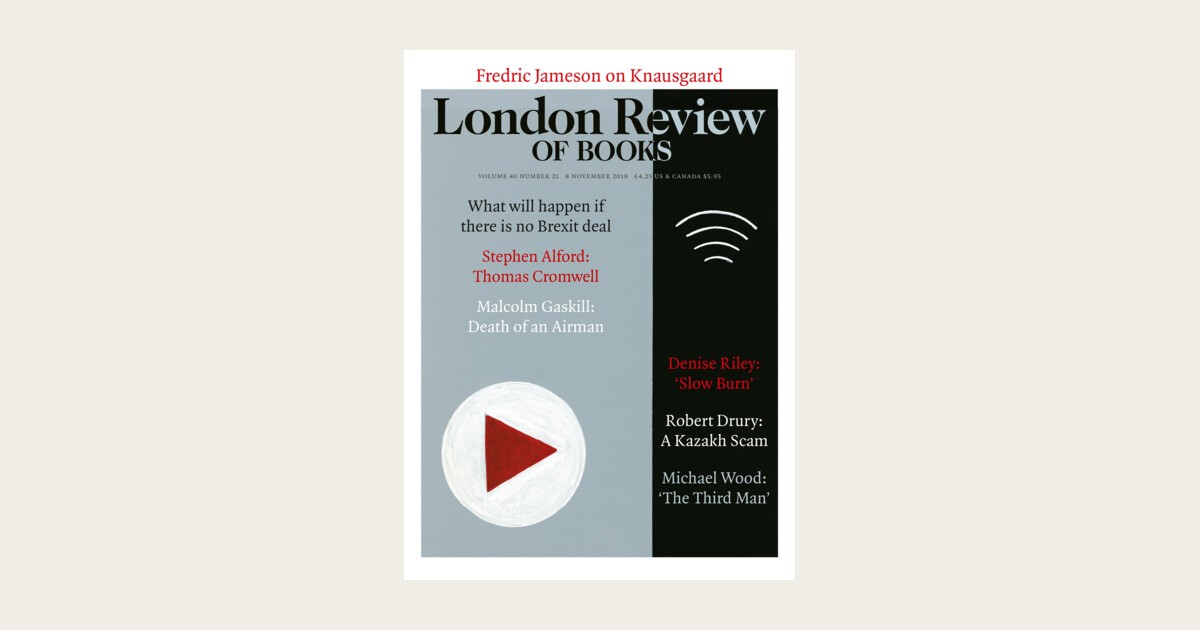padraig (u.s.)
a monkey that will go ape
A pretty good contemporaryish book I read recently - HHhH by Laurent Binet
a strange, kinda sui generis book - a postmodern metacommentary on what it means to write historical fiction built on the scaffolding of actual historical fiction, i.e. it's largely a novel about him writing the novel he's writing, both his motivations and the actual nuts and bolts of doing the research and making editing choices about words and sentences, the inseparability of intent and execution in writing, etc. he's quite interested in both the morality and aesthetics of authors inventing thoughts, feelings, dialogue for historical characters either for narrative purposes or to fill in historical gaps - so on occasions when he does that, he'll often then write several paragraphs questioning why he did, or how it relates to the actual history. since his subject/obsession is the assassination Reinhard Heydrich - the darkest of all the senior Nazi figures, the main direct architect of the Holocaust, possibly one of the most truly evil people to have ever lived - all those issues of the ethics and practice of historical fiction become greatly magnified. there are a couple passages honoring all the members of Czech resistance who aided Heydrich's assassins but who Binet can't include as characters for narrative/space reasons, for example.
anyway, a strange book, but one I'm pretty sure will stick with me. it is an amazing story - probably the ne plus ultra of WWII Resistance stories.
he also briefly and disparagingly mentions another piece of recent Holocaust fiction - Jonathan Littel's The Kindly Ones - that I haven't read. Curious if anyone has?
a strange, kinda sui generis book - a postmodern metacommentary on what it means to write historical fiction built on the scaffolding of actual historical fiction, i.e. it's largely a novel about him writing the novel he's writing, both his motivations and the actual nuts and bolts of doing the research and making editing choices about words and sentences, the inseparability of intent and execution in writing, etc. he's quite interested in both the morality and aesthetics of authors inventing thoughts, feelings, dialogue for historical characters either for narrative purposes or to fill in historical gaps - so on occasions when he does that, he'll often then write several paragraphs questioning why he did, or how it relates to the actual history. since his subject/obsession is the assassination Reinhard Heydrich - the darkest of all the senior Nazi figures, the main direct architect of the Holocaust, possibly one of the most truly evil people to have ever lived - all those issues of the ethics and practice of historical fiction become greatly magnified. there are a couple passages honoring all the members of Czech resistance who aided Heydrich's assassins but who Binet can't include as characters for narrative/space reasons, for example.
anyway, a strange book, but one I'm pretty sure will stick with me. it is an amazing story - probably the ne plus ultra of WWII Resistance stories.
he also briefly and disparagingly mentions another piece of recent Holocaust fiction - Jonathan Littel's The Kindly Ones - that I haven't read. Curious if anyone has?

